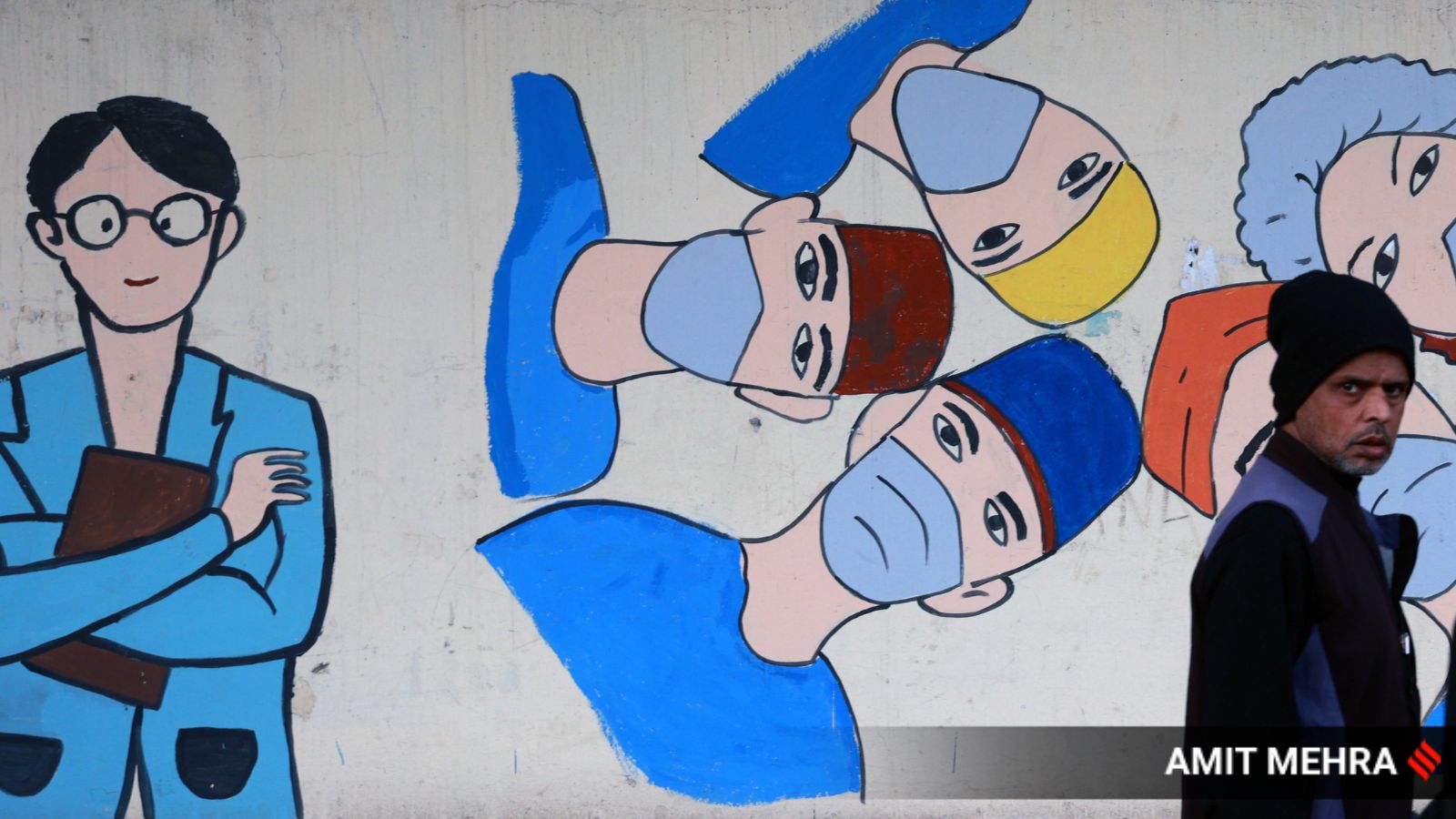With increasing cases of the COVID-19 sub-variant JN.1 grabbing attention, looking into sewers and studying poop may be the early warning system we all need, say experts. “Experience so far shows that the SARS-CoV2 virus appears in the sewage a few days earlier than the first reported case of COVID-19, thus serving as a major predictive tool. That’s why this method of surveillance works for tracking the virus trajectory and preparing for a possible outbreak,” says Dr Vineeta Bal, Professor Emeritus, Indian Institute of Science Education and Research (IISER), Pune.
What is wastewater surveillance?
The SARS-CoV2 virus is present in our gut when we are infected though we may not show symptoms or exhibit signs of diarrhoea. When infected individuals excrete the virus, it flows into the sewage. “That’s why the presence of virus samples in the sewage treatment plant (STP) is a handy source of surveillance and information about a community that might have been infected,” says Dr Bal. This can give a fair idea about the preventive protocols that need to be put in place before data from doctor’s offices or hospitals get reported to public health officials. It is a cost-effective tool in resource-constrained systems, particularly in population-dense cities.
How did it help during the first wave of the pandemic?
Wastewater surveillance was undertaken during the pandemic in 2021, at Bengaluru to be precise, by a private health platform that was assisted by several local and government bodies. In fact, it was because of this surveillance that researchers picked up a higher viral load before the Omicron variant swamped the city, even days before the Omicron wave hit South Africa. The platform extended the surveillance beyond Covid to explore pathogens like Influenza A, B and H1N1.
In the West, during the same time, a biotech startup, along with a team from the Massachusetts Institute of Technology (MIT) and Brigham and Women’s Hospital, estimated at least 440 people were likely infected with COVID-19 in the area around the treatment facility, much higher than the number of reported cases.
Kerala is one of the few states in the country where such monitoring systems are in place that not only helped in early detection of COVID-19 in January 2020 but also the recent JN.1 spiral. “As a good public health measure it is important to invest in such surveillance systems. The system is very useful for preventing morbidity and mortality in the society and that has a clear human value,” Dr Bal points out.

Which cities are being monitored now? Have JN.1 samples been found?
The surveillance is being actively undertaken across 10-12 cities, including Pune, Mumbai, Delhi, Ahmedabad, Kalyani, Surat and Vadodara. “So far it is not worrisome,” a top expert said when specifically asked about JN.1 variant being picked up from wastewater samples.
The Council for Scientific and Industrial Research-National Chemical Laboratory, Pune Knowledge Cluster, has picked up traces of JN.1 in wastewater samples collected from two testing sites. But the team has not seen it spread to other sites.
However, sewage surveillance is not done uniformly across cities. So far, it is not clear whether there was an increase in sewage levels of SARS-CoV2 in Goa before the spike of cases. “That would have held in tracking and containing the spread,” says Dr Bal.
How sewage surveillance helped contain polio
Almost two decades ago, the Indian Council of Medical Research – National Institute of Virology (Mumbai unit), initiated sampling of sewage in selected slum areas of the city to study the feasibility of long-term environmental surveillance and detect the silent transmission of wild poliovirus. Once it was detected, the team promptly reported their find to local health authorities. This set a template for future use and helped in polio eradication.
© The Indian Express Pvt Ltd
First published on: 22-12-2023 at 18:32 IST

Rohit Malhotra is a medical expert and health journalist who offers evidence-based advice on fitness, nutrition, and mental well-being. His articles aim to help readers lead healthier lives.


